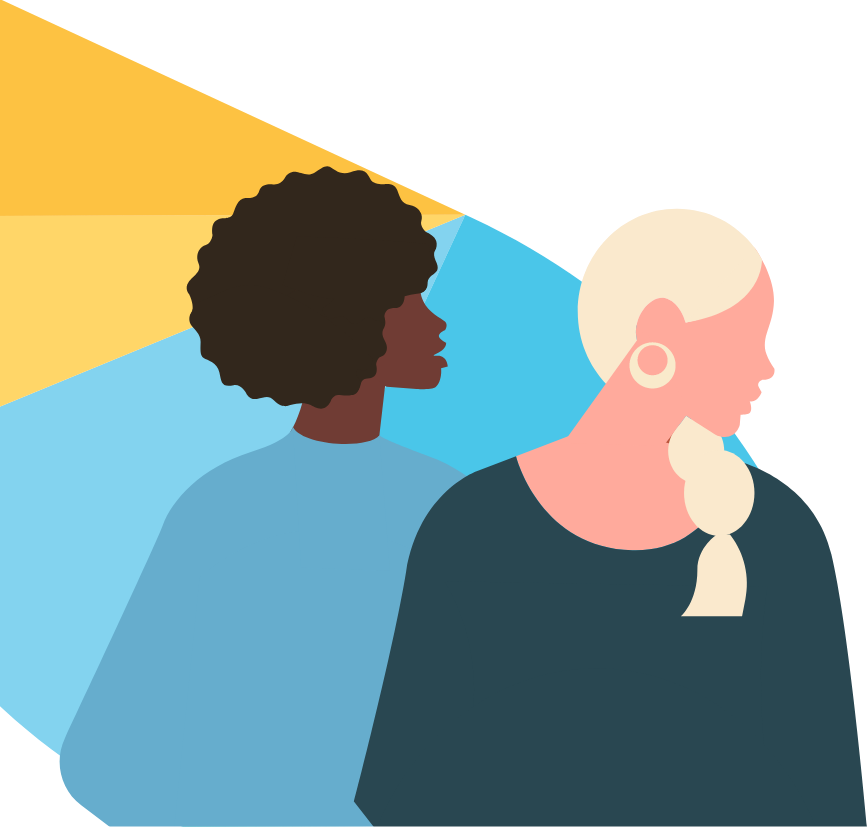Menu

Eating disorders are complex mental health conditions that can have serious physical and emotional consequences. They are characterised by a distressing or debilitating relationship with food and body image and can manifest in various forms, such as anorexia nervosa, bulimia nervosa, binge eating, and other specified feeding or eating disorders. We are able to provide compassionate and effective counselling for those struggling with eating disorders, available in Melbourne or via telehealth.
Eating disorders are not just about food; they are often a way of coping with emotional distress, and can be tied to feelings of control, perfectionism, or self-worth. Symptoms can vary widely but commonly include obsessive thoughts about food and body weight, extreme dietary restrictions, binge eating, purging, and excessive exercise. These behaviours can lead to severe physical health problems and emotional turmoil.
Our treatment approach at Cova Psychology is tailored to the individual, recognising that each person’s experience with an eating disorder is unique. Our psychologists use a range of evidence-based therapies to address both the symptoms and the underlying emotional issues. Treatments may include:
Each treatment plan is developed in collaboration with the client, ensuring that it meets their specific needs and goals. To learn more about our Melbourne psychologists and trauma therapists, visit our Who We Are page.


If you or someone you know is struggling with an eating disorder, the team at Cova Psychology is here to help. We offer a safe, non-judgmental, and confidential environment to support your journey to recovery. Our services include:
We offer both face-to-face sessions in Melbourne and telehealth consultations to make our services accessible to everyone. Click here to book an appointment. For more information about how we can assist you, visit our FAQs page.
In case of emergency, please contact emergency services on 000 or Lifeline on 13 11 14.
Let’s discuss your needs and match you with the right Melbourne psychologist.



Don't let your struggles hold you back. Call us.
Let’s discuss your needs and match you with the right Melbourne psychologist.
Let’s discuss your needs and match you with the right Melbourne psychologist



Acknowledgement of Country
Cova Psychology acknowledges the Traditional Owners of the land where our Melbourne CBD practice is located—the Wurundjeri Woi-wurrung and Bunurong/Boon Wurrung peoples of the Kulin Nation. We pay respect to their Elders, past and present, as well as the Elders of other Aboriginal communities in Melbourne and beyond.






We would like to acknowledge the Traditional Owners of the land on which the practice is located. We pay our respects to their Elders, past and present, and the Aboriginal Elders of other communities who may be here today.























